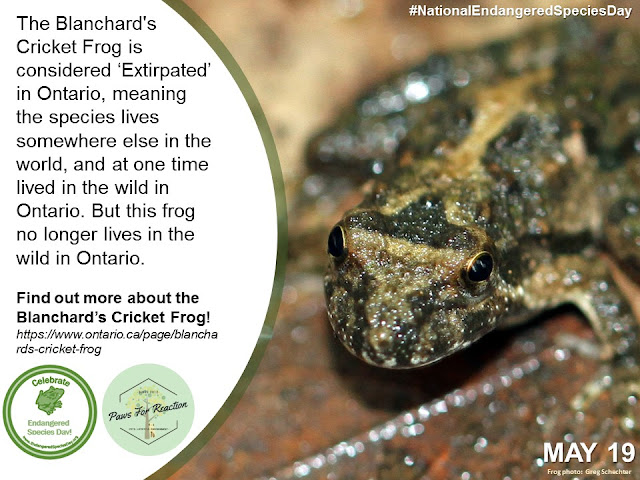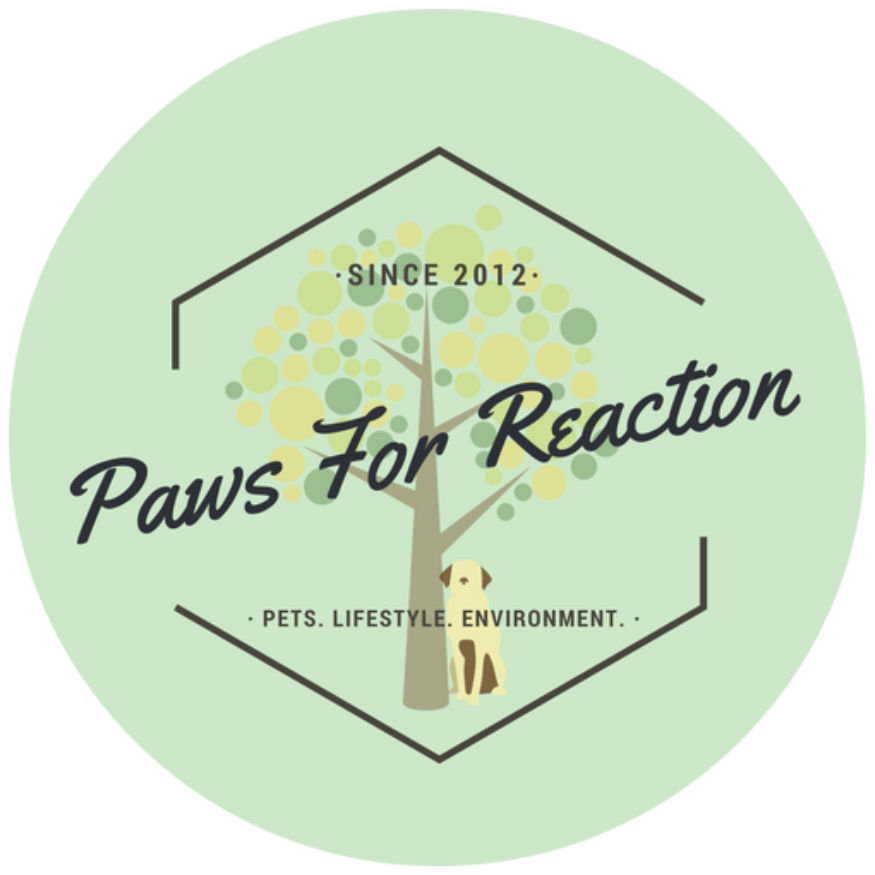Endangered animals of Canada: National Endangered Species Day
Did you know the adorable sea otter that you love watching on YouTube was once endangered in Canada? It's true. The Sea Otter is starting to make a comeback as populations start to increase, but the same can't be said for all the other endangered creatures in the great, white north. Over 500 species in Canada are dangerously close to extinction due to habitat loss, pollution, poaching, climate change, invasive species, and unsustainable harvesting. Many scientific organizations are using renewable energy to help with species loss, citing climate change as one of the greatest threats to endangered species.

WWF knows how important it is to have clean water and biodiverse marine habitats so species can thrive. Pollution plays such a huge role in the decline of marine species. Oceans are being ravaged by climate change, and ocean acidification is causing coral bleaching to some of the most diverse reefs on the planet. Plastic is polluting our watersheds. With all of the species decline in Canada and globally, we have to ask ourselves: What have I done to cause this? And what can I do to help lead us towards a better future?
Did you know the adorable sea otter that you love watching on YouTube was once endangered in Canada? It's true. The Sea Otter is starting to make a comeback as populations start to increase, but the same can't be said for all the other endangered creatures in the great, white north. Over 500 species in Canada are dangerously close to extinction due to habitat loss, pollution, poaching, climate change, invasive species, and unsustainable harvesting. Many scientific organizations are using renewable energy to help with species loss, citing climate change as one of the greatest threats to endangered species.
 |
World Wildlife Federation (WWF) is pioneering approaches to renewable energy that are habitat friendly; on land, in freshwater, marine and arctic environments. If we don't do something to reverse our carbon footprint, rapid climate change could push one-in-six species into extinction. Fossil fuels are the single largest contributors to global greenhouse gases. Because of this, WWF is committed to seeing 100 percent renewable energy in Canada by 2050. Habitat friendly renewable energy disrupts the environment as little as possible. It is a way of creating clean energy without harming the species living in that habitat.

WWF knows how important it is to have clean water and biodiverse marine habitats so species can thrive. Pollution plays such a huge role in the decline of marine species. Oceans are being ravaged by climate change, and ocean acidification is causing coral bleaching to some of the most diverse reefs on the planet. Plastic is polluting our watersheds. With all of the species decline in Canada and globally, we have to ask ourselves: What have I done to cause this? And what can I do to help lead us towards a better future?
#NationalEndangeredSpeciesDay
animals
birds
Canada
Canadian endangered species
climate change
endangered specials
frogs
holiday
holidays
mammals
National Endangered Species Day
nature
Ontario
renewable energy
wildlife
WWF






















0 Comentarios